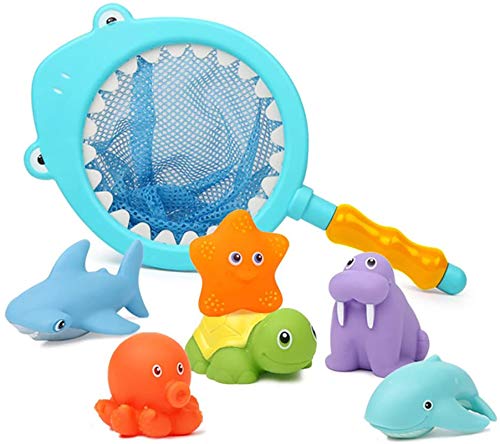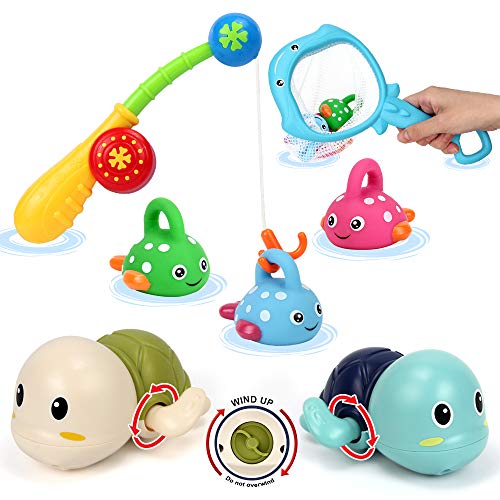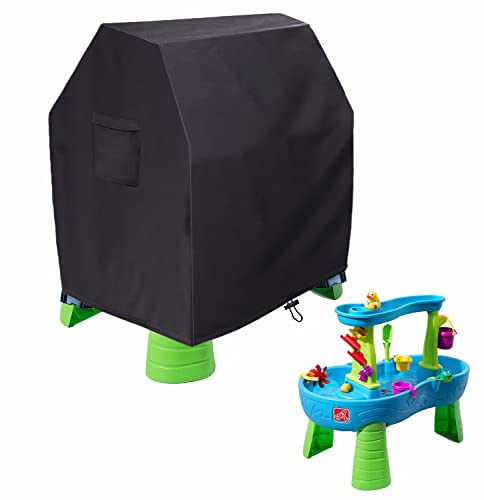Water Play Resources
Water play resources are not only a fun for children, but they are also an essential part of their early childhood development.
From splashing in a pool to exploring the properties of water through sensory bins, there are countless ways to incorporate water play into your child’s routine.
For preschool parents and teachers, finding the right resources and ensuring safe play can seem overwhelming.
However, with the right tools and knowledge, water play can become a valuable learning experience for children of all ages.
In this blog post, we will explore some of the best water play resources for preschool parents and teachers to help inspire and engage young minds. So, let’s dive in!
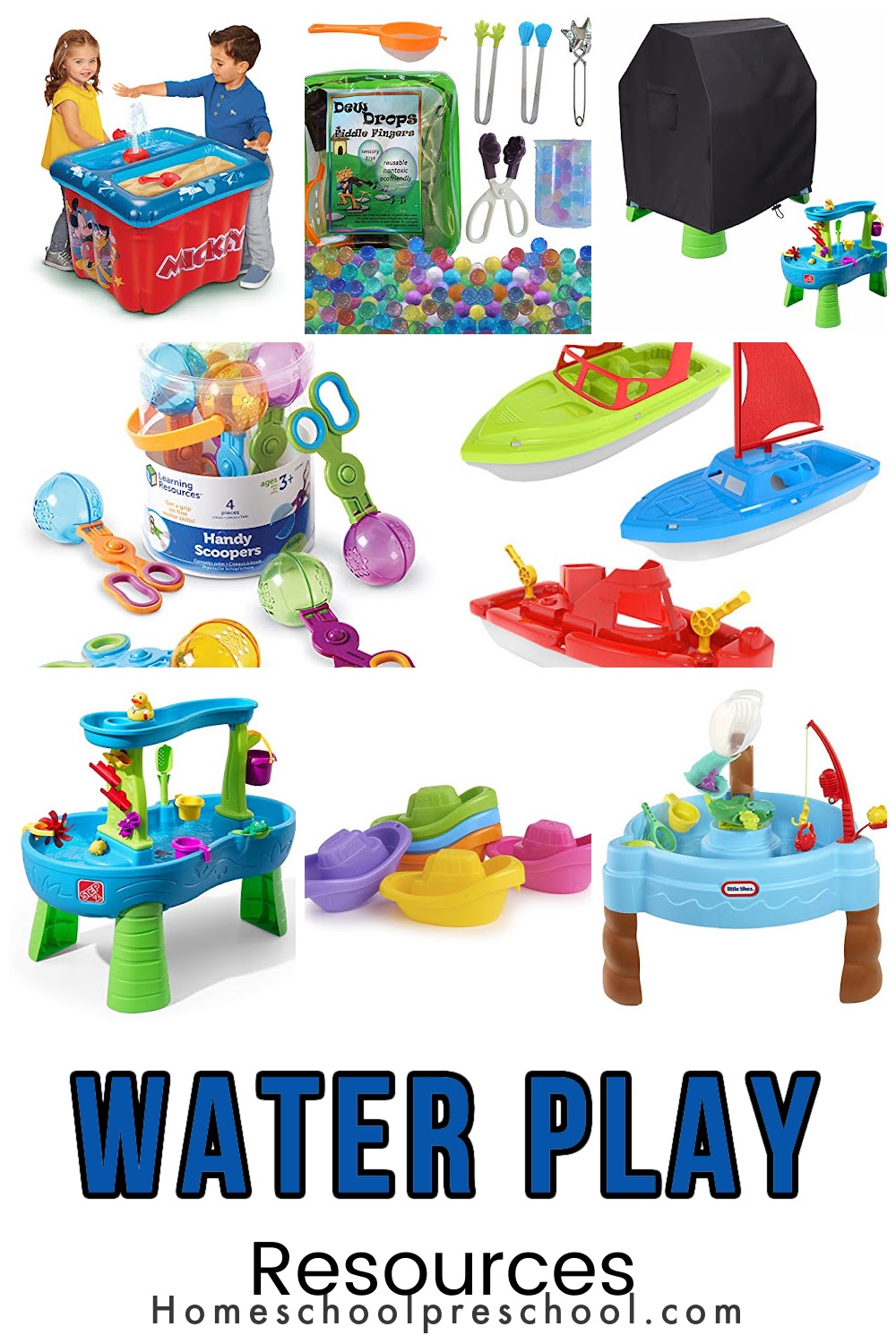
Water play is an essential part of early childhood development. It provides children with an opportunity to engage in a range of sensory and motor activities, from pouring and splashing to scooping and squeezing.
Through water play, children develop critical skills such as hand-eye coordination, fine and gross motor skills, creativity, problem-solving, and spatial awareness.
They also gain opportunities for social interaction and communication as they explore and experiment with others.
In addition, water play can stimulate imagination and curiosity, which are essential for cognitive development.
Furthermore, it can help children regulate their emotions and reduce stress, leading to improved mental well-being.
Overall, water play can provide children with a fun and engaging way to learn, grow, and develop crucial skills that will benefit them throughout their lives.
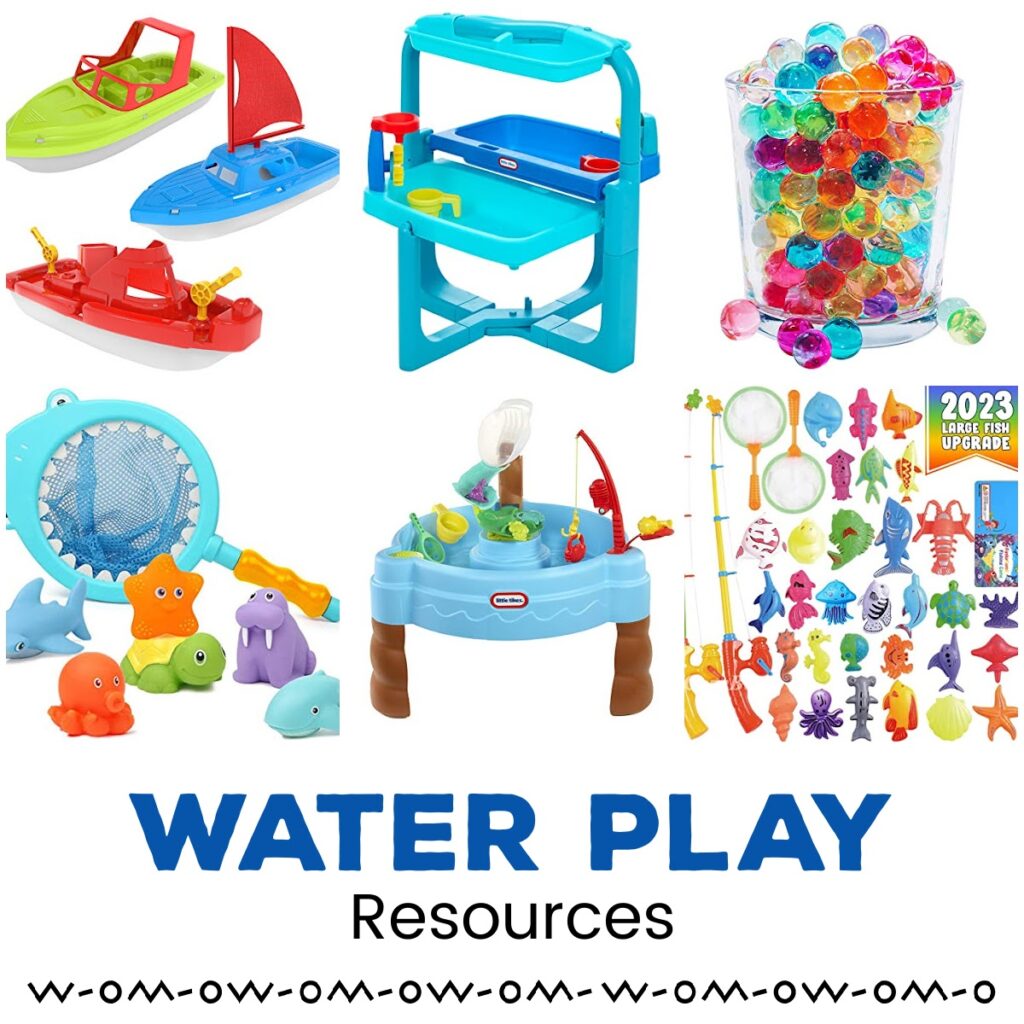
Safety Considerations for Water Play
While water play can be a fun and beneficial activity for children, it’s crucial to incorporate safety measures to ensure that children are safe while enjoying the experience.
Here are some safety considerations to keep in mind:
Supervision: Adults should always supervise children during water play to ensure their safety. This means being present and alert at all times, actively engaging with children, and being able to respond quickly in case of an emergency.
Age-appropriate equipment: Ensure that the water play equipment is age-appropriate and safe for your child’s developmental stage. For example, choose shallow pools for toddlers, and deeper ones for older children who can swim.
Safe surfaces: Make sure that the surface around the water play area is slip-resistant to prevent slipping or falling accidents. You may also want to consider using a pool fence to keep young children away from the water source when adults are not present.
Hygiene: Water play can carry germs, so it’s crucial to make sure that children wash their hands before and after play. Also, make sure that the water is clean and free from any harmful chemicals.
Proper water levels: Ensure that the water levels are safe for your child and do not pose a drowning risk. Never leave a child unattended in the water, even if it’s shallow.
By incorporating these safety tips into your water play routine, you can help ensure that children have a safe and enjoyable experience that supports their development.
Water Play Resources
Whether you're a parent looking to provide your child with fun and engaging activities at home or a teacher looking to incorporate water play into your lesson plans, these resources will help inspire and engage young minds.
From affordable options for home use to more elaborate classroom materials, we've got you covered.
So, let's dive in and explore these exciting water play resources!
This kids’ water table will create a mini water park right in your backyard.
Use the large bucket to scoop up water from the pond and pour into the top waterfall tray.
Watch as the rainfall effect is activated as the water splashes into the pond.
Designed for kids vs kids or parent vs kids interaction and competition.
Let's go fishing and role pretend play carnival together! Includes game instruction and rules.
6 boats float and link together to create a "little boat train". Boats have funny faces and are numbered 1-2-3 for counting, ordering and number identification games.
With the Little Tikes Fish n Splash Water Table, little fisherman can catch and count colorful little pond swimmers right in their own backyard!
Plus there's lots of fill, pour and splash extras to make water fun...so much fun!
Fill the fish bowl with water and watch it come splashing down, or try to launch your critters across the pond and onto the lily pad
Four new tools for sand and water play help kids build fine motor skills while having fun.
The dolphin and Sea lion could spout water, squeezing walrus and turtle's body you can hear cute sounds, octopus and starfish can change color.
This super funny fishing toy keep kids occupied in bath time.
Looking for educational, engaging activities for your special needs child, students, or clients?
Let your kids discover the joy and wonder of Sensory Jungle Water Beads!
The Little Tikes Easy Store Water Table easily folds up and is compact to store and take with you.
With a 360 degree play area for multiple kids to play, and a top rain shower tray for added water fun, this will keep kids busy and happy for hours
Fill your tub with a variety of fun bath toys for kids! Our Toy Boat Trio includes a blue sailboat, a green speedboat, and a red fireboat.
Take them everywhere and anywhere you go!
Go on an undersea adventure with Dory, Nemo, and Squirt with these fun and interactive squirt toys.
Holes in scoops allow for catch-and-release fun during water play, or use in a sensory bin!
Our fishing toys set comes with swimming wind-up tortoise, fishing rod, cute cartoon fishing net and 3 cute floating toys fish!
Made of heavy duty 600D oxford fabric with waterproof & UV resistant coating, the Kids Water Table Cover is faded and tear-resistant.
The durable water-repellent coating and the insulated waterproof inner layer keeps your outdoor Kids Water Table and clean.
We have included 6 sturdy fine motor tool along with these growing wet beads to further aid in the sensory experience.
Kids will be able to scoop, clasp, and clamp beads with the play tweezer/scooping tools.
We also included a small mesh strainer for added fun and variety in this sensory kit.
Using each of these tools will help children tune their fine motor skills.
The Mickey Mouse Inflatable Sand and Water Table features a two sided design, with an added drain plug to easily drain water feature side.
The Mickey Mouse Inflatable Sand and Water Table is designed to easily collapse and be stored, and the open design allows for multiple kids to play together on the same table!
What are the benefits of incorporating water play into a preschooler’s daily routine and development?
Incorporating water play into a preschooler’s daily routine can have numerous benefits for their development. Water play activities help to develop and strengthen children’s gross and fine motor skills. Children enhance their gross motor skills, coordination, and physical fitness through lifting, pouring, carrying, running and splashing, while actions such as squeezing help to develop the small muscles in a child’s hands.
In addition, water play provides opportunities for children to explore and interact with each other, which helps to develop crucial social skills such as sharing, turn-taking, cooperating, and listening to and observing others.
Finally, water play is an open-ended activity that allows children to make discoveries and explore outcomes, which helps to develop problem-solving skills and cognitive development.
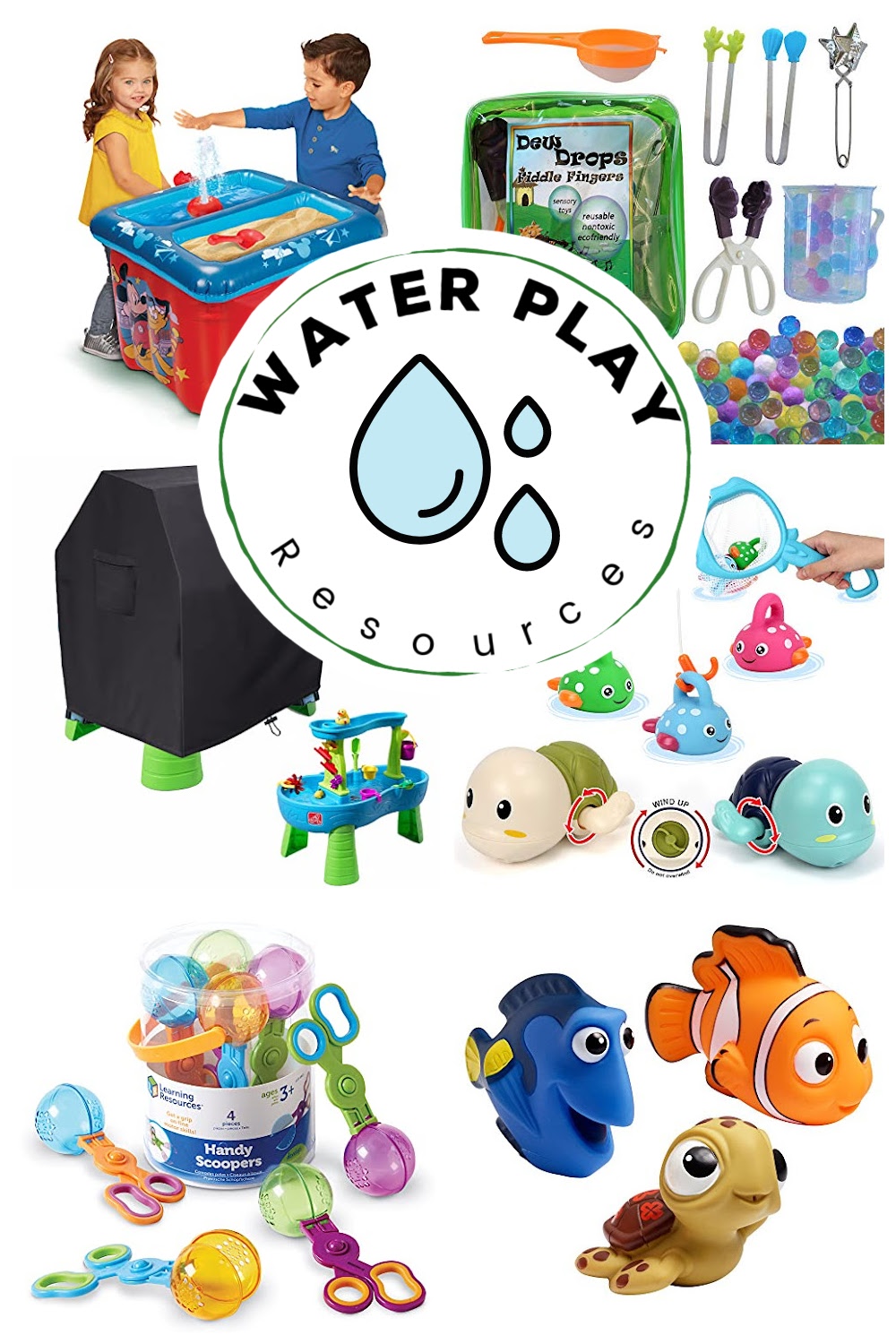
Water play is a fun and engaging activity that can provide children with numerous developmental benefits.
From sensory exploration to social interaction, these water play ideas can help children develop crucial skills that will benefit them throughout their lives.
By incorporating age-appropriate resources and following safety guidelines, parents and teachers can create a safe and enjoyable water play experience for children.
Whether you’re setting up a sprinkler in the backyard or creating a water wall in the classroom, the possibilities for water play are endless. So, let’s make a splash and provide our children with the opportunity to learn, grow, and have fun!






